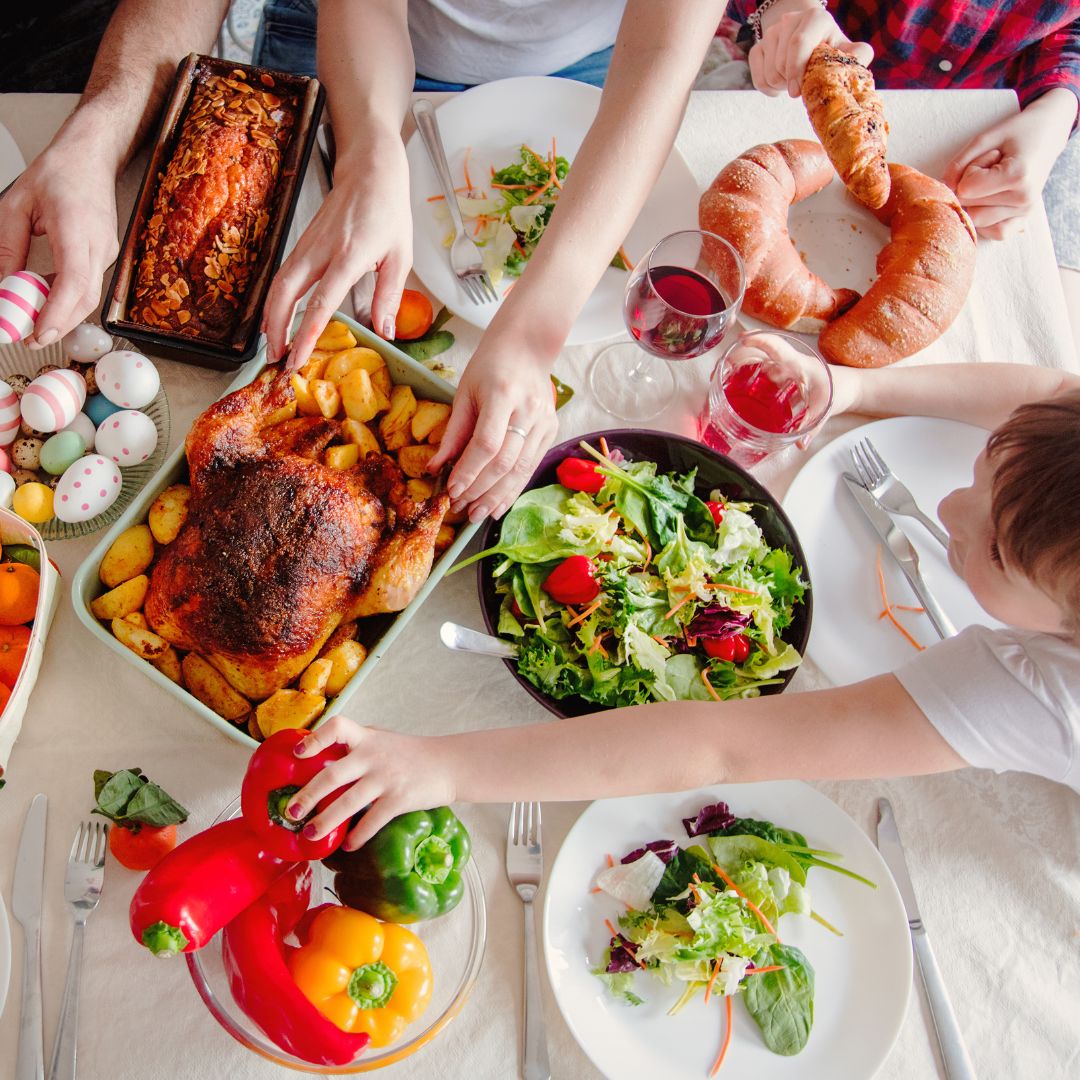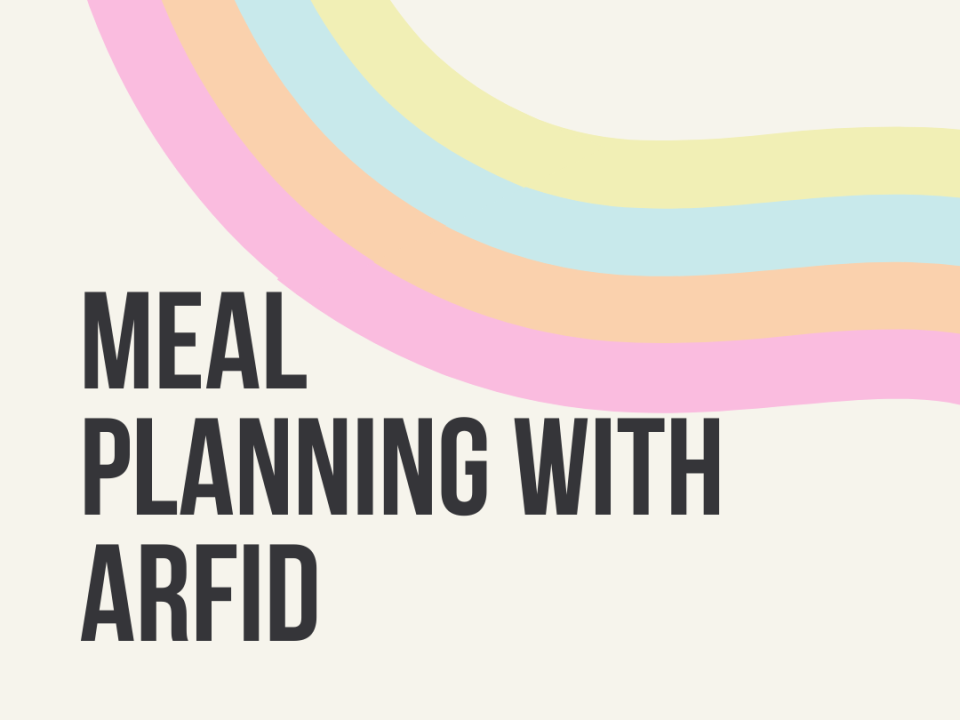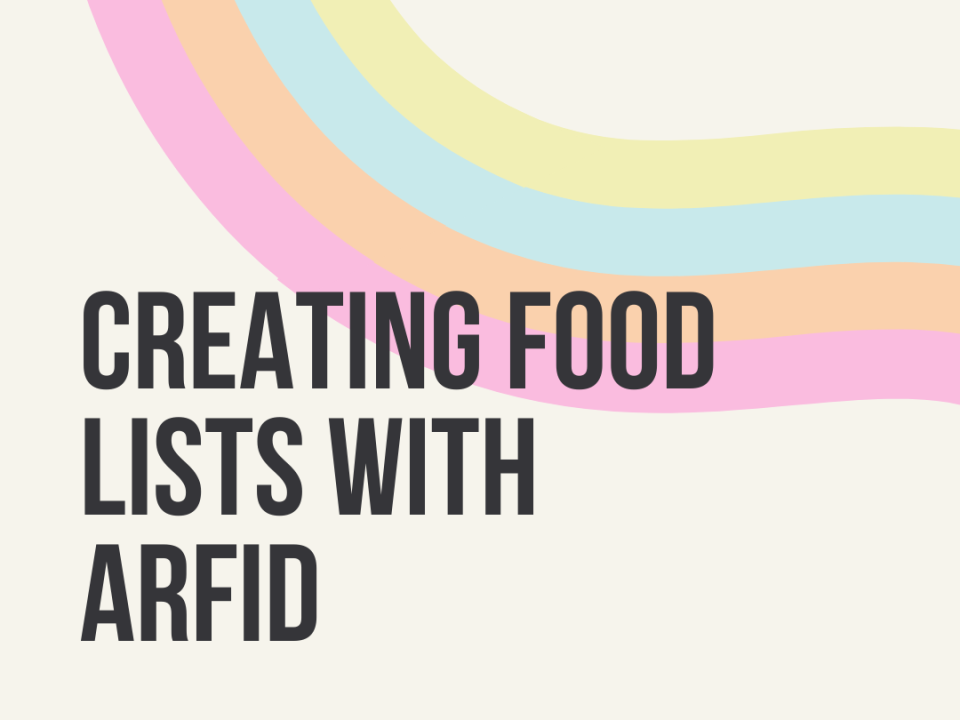Supporting your Loved One with ARFID During the Holidays

Food Exposure Therapy for ARFID and When is Appropriate?
October 11, 2022
Top 5 Kitchen Appliances that Make Cooking More Accessible
December 5, 2022The holidays can be a difficult time for someone with ARFID. On top of new or unfamiliar foods there is often a lot of changes including new routine, new people, and a new sensory environment. There is also more social interactions and increased expectations around eating a family meal together. All of these factors can increase anxiety and make eating much more difficult. Accepting that holidays may look different for your family and finding accommodations that make your loved one feel safe is the best way to support them.

Why Holidays May Be Difficult for Someone with ARFID
- Fear of judgement
- Eating in front of other people can be difficult for someone with ARFID, especially if they have received comments regarding their eating and food choices. Comments can be triggering and cause increased anxiety and avoidance. Avoid comments and set boundaries with loved one’s around what to say or not say.
- New environment/routine
- There are many changes on holidays including time and place where eating takes place. Which comes with a lot of unknowns which can increase anxiety. Keep your routine as much as possible. And prepare by understanding the new environment and routine. Provide accommodations to that support yourself/your loved one.
- Sensory overwhelm
- Holiday gathering can be full of new smells, new foods, more people, more noise which can be overwhelming. Bring what you need to help you whether it’s earphones, fidget toys, electronics or identify a safe place you can go to when you need it.
- Lack of accommodations
- Instead of forcing someone to eat like everyone else. Provide accommodations to make eating more accessible. Identify what you/your love ones needs are to allow eating to feel safe and comfortable.
Instead of trying to make someone with ARFID eat “normally” during the holidays. Provide accommodation so they can eat in a way that works for them. And focus on connection/family time outside of meal time.
Accommodations that Can support a loved one with ARFID During the Holidays
- Bring or have safe foods available
- Allow eating outside of the typical meal time
- Have access to an environment that fits your loved ones sensory needs available for eating
- Preferred smells, toys and electronics available for use during eating
- Avoid commenting on foods consumed or eating behaviors
- Set boundaries and let other loved ones know how they can best support them
- Connect over other activities/hobbies that the individual enjoys
Talk with your loved one about what the holiday event or gathering may look like. Discuss accommodations that may help them feel safe and more comfortable to eat or be present at the gathering. This will help them prepare for the day so they are less anxious.
Ways Eating may be different with ARFFID but ok during the holidays (or any day!)
- Eating outside of the regular meal time
- Eating only their safe foods, which may be non-traditional holiday foods
- Eating at a separate table or coach with a movie on
What does holiday meal look like for your family? What accommodations help you or someone you love?



